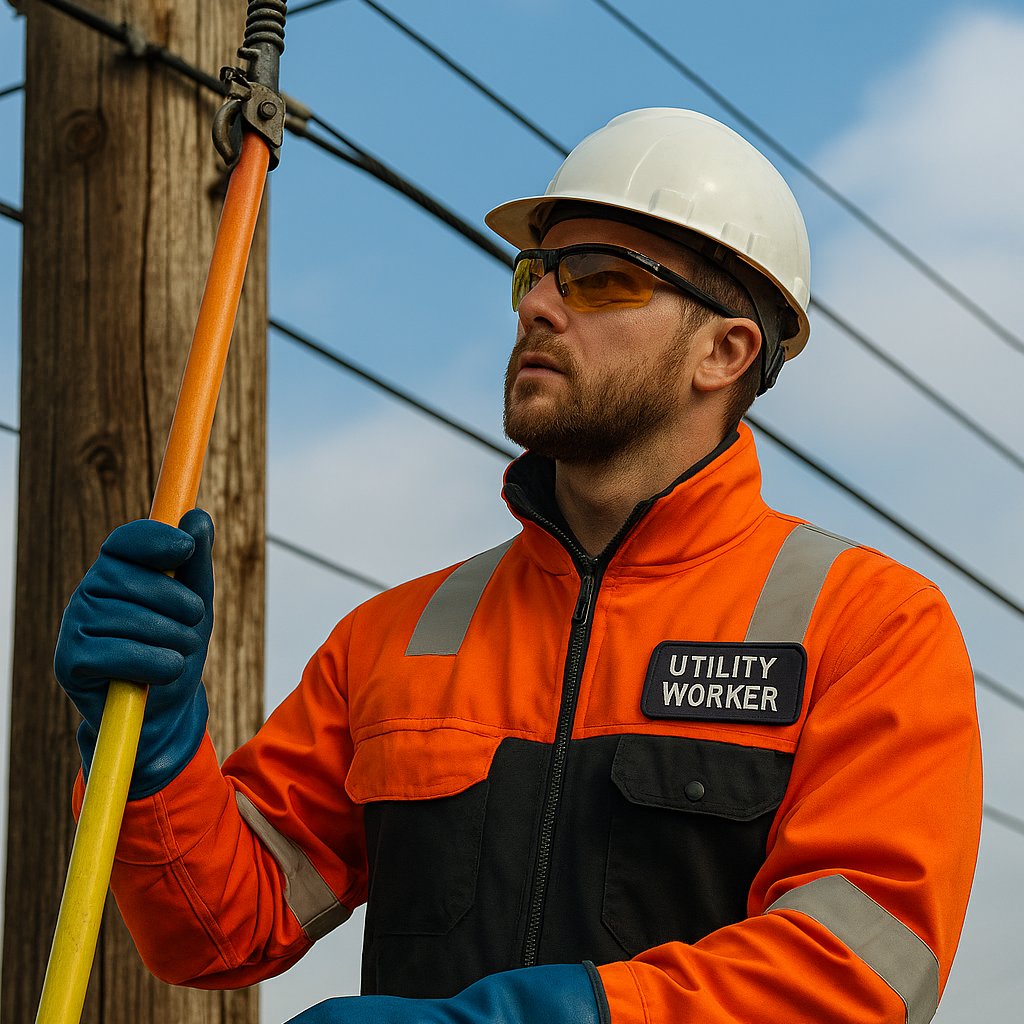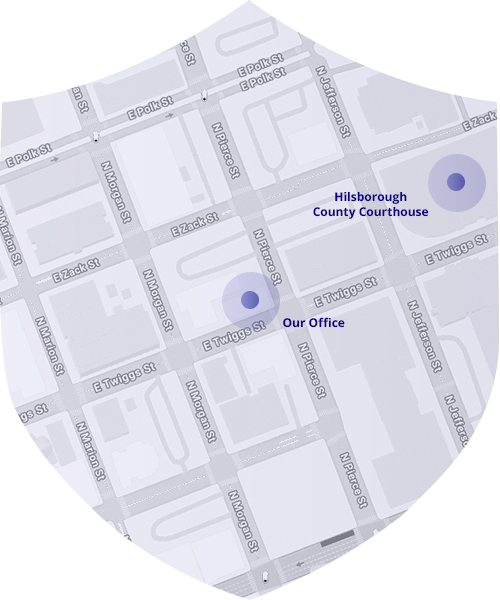- Free Consultation 24/7: (813) 727-7159 Tap Here To Call Us
Florida Utility Worker Law 2025: Stronger Protections, Harsher Penalties

On October 1, 2025, the Florida utility worker law 2025 takes effect. CS/CS/SB 1386 expands protections for utility workers, placing them in the same category as law enforcement officers and firefighters. Assault or battery against a utility worker now carries far harsher penalties.
What the Florida Utility Worker Law 2025 Does
The law defines a utility worker as anyone clearly identified by a patch, emblem, or uniform who works for or contracts with a utility. Covered utilities include electricity, gas, water, wastewater, and communications services.
The law also reclassifies criminal offenses:
- Assault becomes a first-degree misdemeanor.
- Battery becomes a third-degree felony.
- Aggravated assault becomes a second-degree felony.
- Aggravated battery becomes a first-degree felony.
Why This Matters
Florida raised the stakes. Even a brief confrontation with a utility worker could result in felony charges. Police may arrest without a warrant if they believe the offense occurred. Juveniles face fingerprinting and state criminal record entries, making the impact long-term.
Protect Yourself if Accused
These cases are no longer treated as minor. Prosecutors push for maximum penalties. A conviction could bring prison, a permanent record, and lasting damage to your future.
At The Brancato Law Firm, P.A., we know how prosecutors build these cases. With more than 25 years of trial experience, Rocky Brancato fights for clients facing serious felony charges in Tampa, Hillsborough, Pinellas, and Pasco.
Call (813) 727-7159 today for a confidential consultation.
Frequently Asked Questions
Q: When does the Florida utility worker law 2025 take effect?
A: The law starts October 1, 2025.
Q: Who qualifies as a utility worker?
A: Any clearly identified worker for a utility providing electricity, gas, water, wastewater, or communications services.
Q: What if I’m charged with battery on a utility worker?
A: That charge is now a third-degree felony, punishable by up to 5 years in prison.
Q: Can police arrest me without a warrant?
A: Yes. Officers may arrest if they have probable cause.
Q: Do the rules apply to juveniles?
A: Yes. Juveniles are fingerprinted, and records go into Florida’s criminal history system.

















